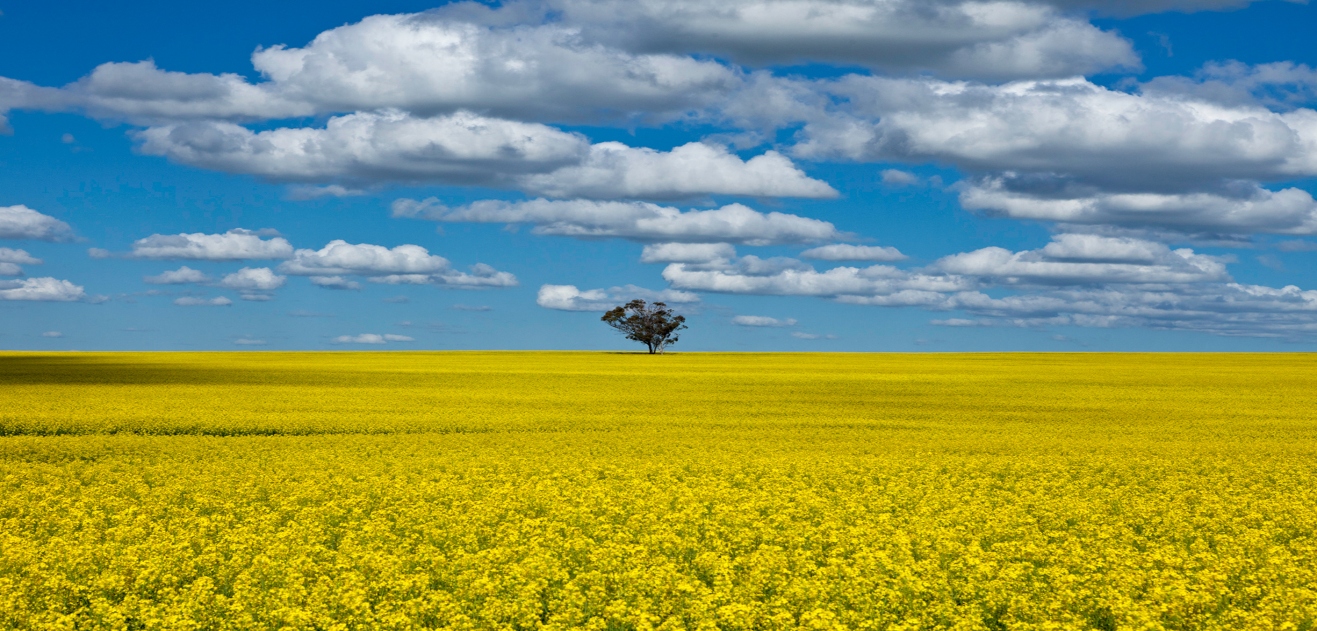
Grain Snippet: Canola Firms on US-China Soybean Deal
The South Australian canola harvest is slowly approaching, with recent wet and cool weather delaying harvest. The area planted to canola in SA was reduced at the beginning of the season due to a late start and dry subsoil. The crop has developed well in the shortened growing season and a mild spring with late October rainfall has helped to develop above-average yield potential, particularly in the high rainfall zones. SA is forecast to produce 431kMT of canola in 25/25 up 80kMT y/y but below the 5-year average of 505kMT. 25/26 Australian canola production is forecast at 6.7MMT, with WA growing the lion’s share with 3.82MMT, up nearly 1MMT y/y.
South Australian forward canola prices peaked in June ($884/MT), prior to the onset of the European winter rapeseed harvest. Europe is the primary export market for Australian International Sustainability and Carbon Certification (ISCC) non-GM canola, and SA canola forward contracts are hedged on EU rapeseed futures. Prices at the time of writing are around $778/MT for non-GM canola and $680/MT for GM canola on a Port Adelaide zone basis.
Carry in rapeseed stocks in Europe were very tight prior to harvest, commencing late June, due to a poor season the previous year producing 16.9MMT down 3.5MMT y/y. The European rapeseed crop recovered in 25/26, coming in at 19.7MMT. With freshly harvested rapeseed adding to supply, prices trended downward from around €520/MT in mid-June to €460/MT at the start of October.
Through October, rapeseed prices have firmed, mainly on the rally in US soybean prices following the commitment last week by China to buy 12MMT of US soybeans this season and 25MMT of US soybeans annually for the next three years as part of a more general trade agreement between the US and China. China had previously ceased buying US soybeans due to the trade war, and being the US’s biggest customer, US soybean prices sank. This spilled over to Canadian canola, as the US is the largest buyer of Canadian canola oil. With more soybeans expected to stay in the US, this stock was competing with Canadian canola imports into the biofuel industry.
With vegetable oils (soybean, palm oil and rapeseed/canola) all interchangeable in the biofuel industry, weakness in one spills over to another. Around thirty percent of global oilseed is consumed in biofuel production and can be readily substituted in the export market. There are significant biofuel industries in producing nations including Indonesia (palm oil) the US and Brazil (soybeans) and the EU (rapeseed/canola). Subsequently, any ongoing strength in soybeans is seen as supportive for the oilseed complex amid the local canola harvest window.
This is a sample only, if you would like to view the entire document and our recommendations, please contact CloudBreak to discuss becoming a member on (08) 8388 8084.


